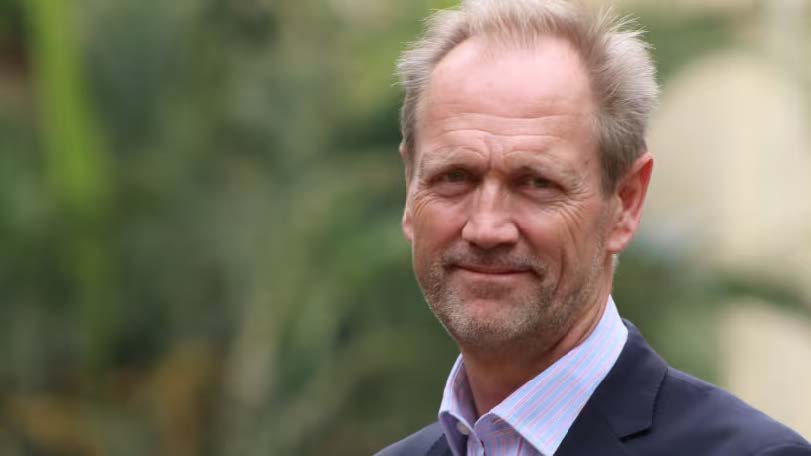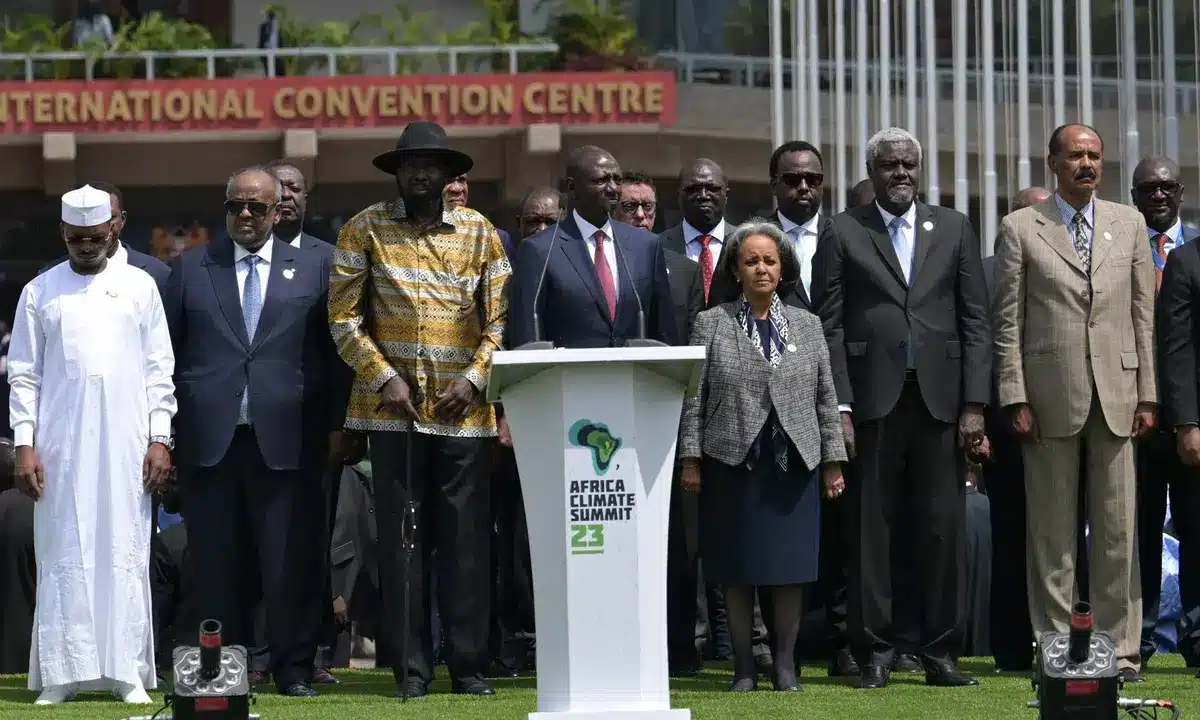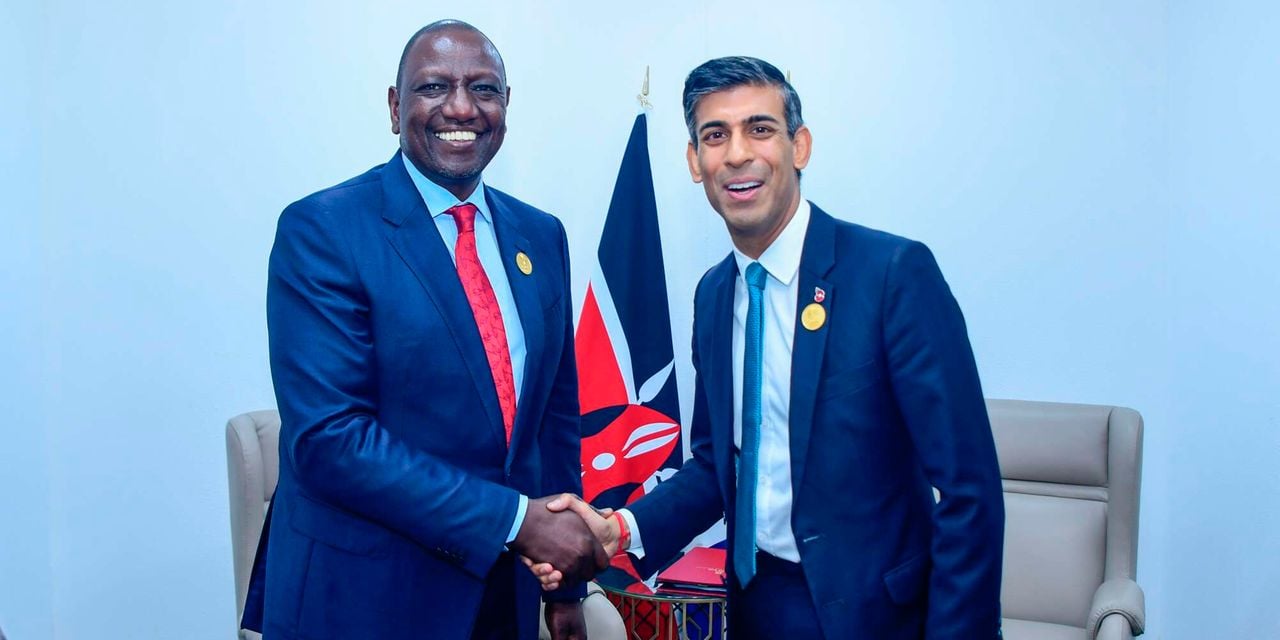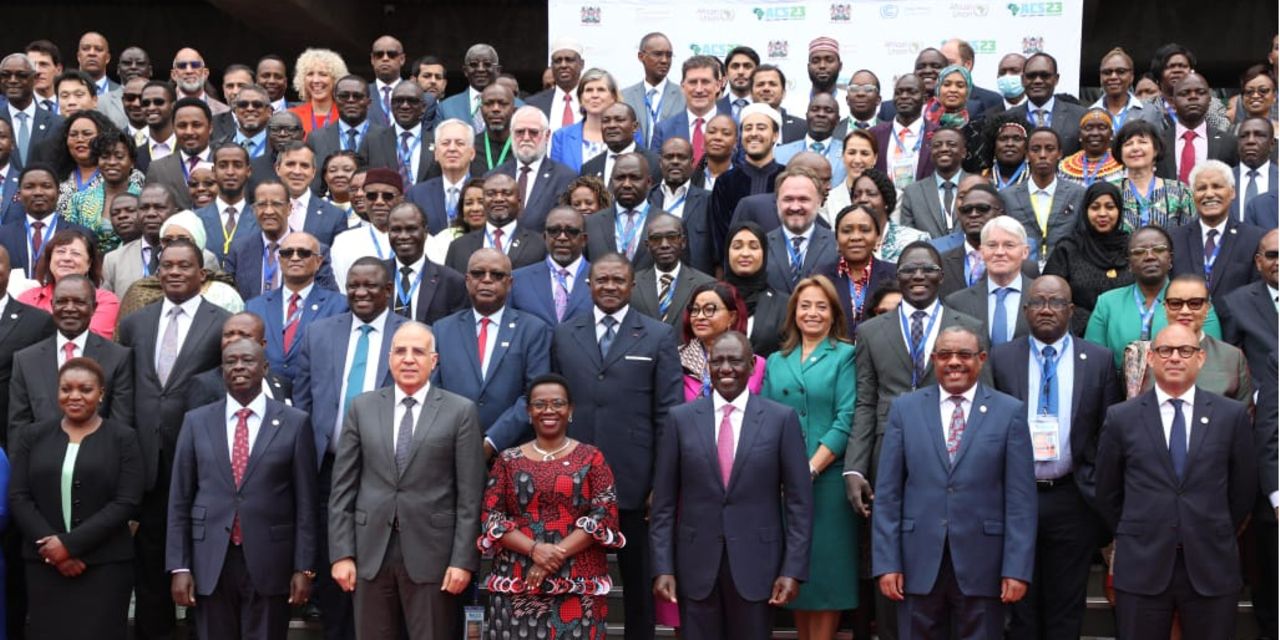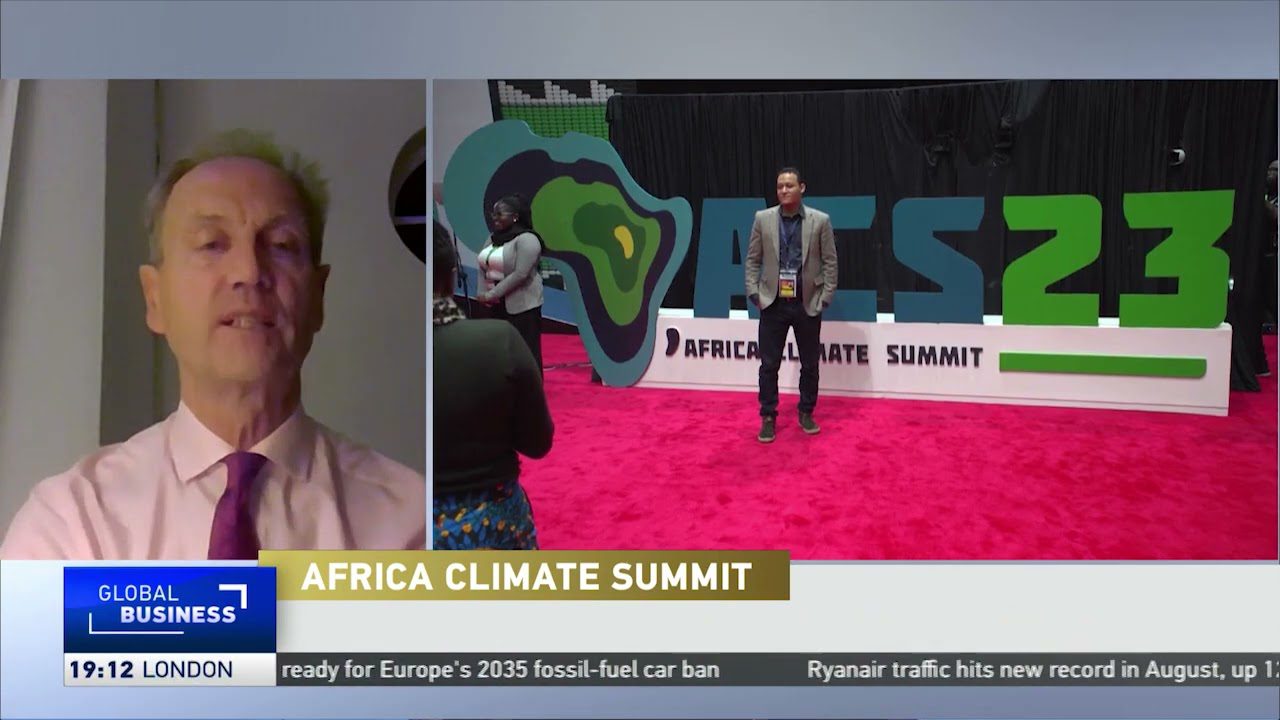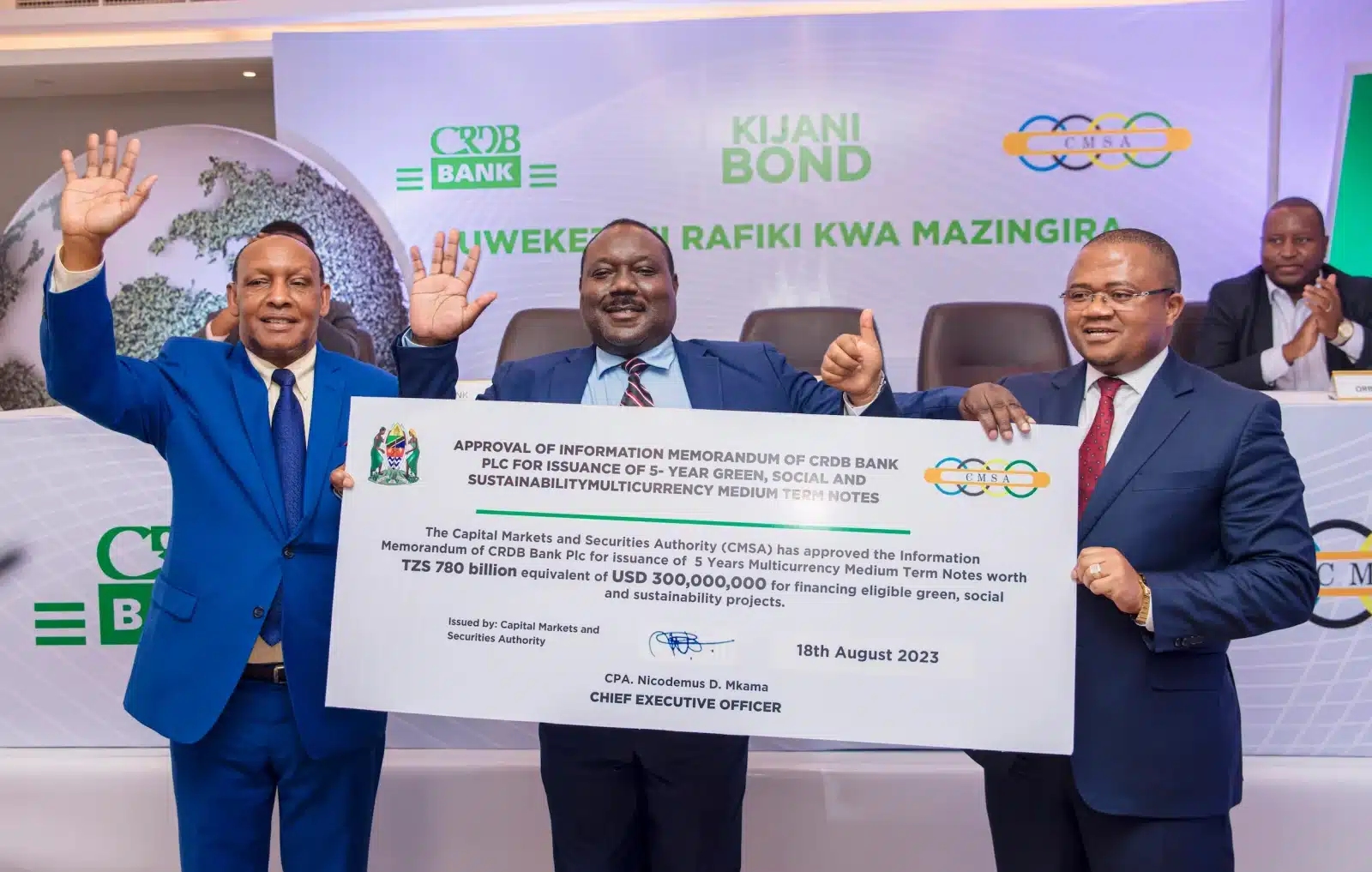As international headlines chart the terrible suffering caused by flooding, earthquakes and wildfires, a less headline-grabbing, but nonetheless hugely significant, good news story has emerged from Nairobi, Kenya. The African Climate Summit, which concluded on September 6, was a huge success story for Africa and for Kenyan President William Ruto.
Pledges directed to African climate change adaptation and litigation amounting to $26bn have emerged from the summit. That’s not enough to solve Africa’s climate challenges, but even if only a fraction of this sum materialises, it will have a real impact on the ground.
Even more consequential in the long term is the consensus that emerged from the conference around the need for economic growth that delivers both prosperity and environmental benefits. The fact that a consensus was achieved is significant, because it strengthens Africa’s position for the forthcoming COP28 conference in Dubai in November. Furthermore, the admission of the African Union to the G20 means the African voice is getting louder and clearer on the world stage.
Importantly, the summit’s adoption of the Nairobi Declaration, which commits African countries to develop and implement “policies, regulations and incentives aimed at attracting local, regional and global investment in green growth and inclusive economies”, is also a signal that Africa will look for other strategies to support climate action, alongside the $100bn a year promised by developed nations in 2009.
Indeed, the summit was most of all an assertion of African self-determination and specifically the need to mobilise Africa’s domestic private capital in the continent’s climate efforts. Relying on international finance creates a dependency that Africa does not want. Put simply, Africa has determined that its own resources must be channelled, supported by a financial market architecture which ensures that states can absorb climate finance effectively, distributing it where it is most needed.
But if it is to do this, the current situation – in which less than 0.5% of domestic institutional assets under management are invested in alternative assets – cannot continue. As was argued powerfully at the launch of the Pan-African Fund Managers’ Association at the beginning of the summit, we need to think about how we can put in place not only the policy and regulatory incentives but also the instruments and the financial architecture to drive much more of the$1.4tn of institutional capital in Africa towards climate and nature-positive projects.
Crucially, this will mean more use of de-risking strategies such as credit guarantees to persuade pension funds to de-emphasise the easy but less safe option of government securities and to invest in green assets. It will also require sources of donor and philanthropic capital to step up their support for project development, for example through the use of challenge funds or by investing in intermediaries that are closer to the market as a way of reaching the more innovative start-ups and entrepreneurs who will drive the new green economy.
[Current] global prudential regulations can make it economically impossible for large institutional investors to allocate capital to African projects.
Moreover, the summit underlined an important issue that has seen Africa’s financing needs neglected, namely the need for reform of the global prudential regulations, which can make it economically impossible for large institutional investors to allocate capital to African projects. There should be a global review of these constraints, perhaps led by the G20.
Even with such reforms, African governments, many of which are battling with high levels of debt, will need to be both agile and visionary if they are to compete at a time when the world’s biggest economies are offering big incentives to attract green investment. Though deeply political, carbon taxes could be one way to go, but would need to be sensitively introduced. Other green fiscal incentives, balancing out tax breaks for green investment by removing subsidies for dirty industries, are also essential for governments to be able to direct their economies towards a greener future.
The UN Framework Convention on Climate Change has just released its first global stocktake report, highlighting yet again that, despite a major global effort, progress since the Paris Agreement has been inadequate. The report recommends greater commitment to transformation across all sectors and recognises the need for more access to climate finance for developing countries in line with the key recommendations from the Nairobi Summit.
If we get this right, the prize is very significant and the message from the summit is that Africa will not wait. Instead, it is determined to grab the opportunities of a new green growth pathway now, as are an increasing number of investors, and that has to be good for us all.
